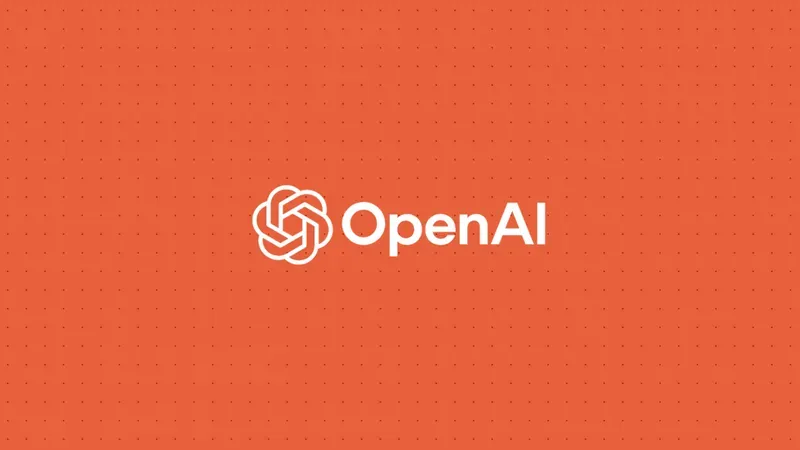Voiceflow named in Gartner’s Innovation Guide for AI Agents as a key AI Agent vendor for customer service
Read now

After a rocky GPT-5 launch, OpenAI CEO Sam Altman is already discussing GPT-6 – a model that prioritizes memory, personalization, and autonomous task execution.
No launch date yet, but the pace of development has picked up.
OpenAI’s GPT-6 isn’t just about bigger models with more parameters; it's about models that remember you.
Fresh off the heels of the GPT-5 launch, which received mixed reviews and user backlash over its cold and less personable tone, OpenAI CEO Sam Altman has been quick to pivot to the future, providing rare insight into the company’s next big move.
As reported by CNBC and ZDNET, Altman has made it clear that future AI models should maintain context, learn your preferences, and adapt with emotional consistency over time. He even admitted that the GPT-5 rollout was "totally screwed up."

This marks a strategic shift from single-session brilliance to persistent, personalized assistance. Altman emphasized that "people want memory" and that this will be a core differentiator for GPT-6. He envisions a model that remembers your tone, past questions, project details, or even how you like your coffee described. That kind of memory isn't just helpful; it builds trust and saves countless repetitions, moving the AI from a simple chatbot to a more valuable assistant.
{{blue-cta}}
OpenAI has not confirmed an official release date for GPT-6, but several indicators suggest it may arrive sooner than expected. Development appears to be on an accelerated schedule, with Sam Altman and other executives hinting at a timeframe of less than 12 months, which is far shorter than the two-year gap between GPT-4 and GPT-5!

Community discussions on Reddit and other forums reinforce this optimism, with some users speculating that training may already be underway. Based on these signals, a public preview in mid-2026, followed by a full release later that year, appears reasonable, though an earlier debut remains possible if OpenAI maintains its current pace.
According to various reports, development for GPT-6 is moving faster than that of GPT-5. This acceleration signals a new strategy from OpenAI, which is now leaning into agentic features – the ability for the AI to manage complex, multi-step tasks autonomously.
This is a direct response to the emerging popularity of autonomous agents like Auto-GPT and BabyAGI.
For organizations, the ability to design, test, and govern agentic workflows will be crucial. Platforms like Voiceflow already provide the collaborative canvas where teams can orchestrate, evaluate, and deploy AI agents across channels, with the governance layers enterprises need.
Altman hints that GPT-6 could arrive much sooner than the lengthy gap before GPT-5. He has reportedly committed to faster cycles, stating, “We would rarely have a high-confidence target that is further than six months out”.
This accelerated timeline has fueled speculation across Reddit forums and tech communities, where discussions suggest that “training may have begun months ago,” though the final timing remains complex.
At the same time, critics like Gary Marcus caution that we may be reaching a plateau, where AI systems get incrementally better but not dramatically more capable. Whether GPT-6 proves him right or wrong will depend on how much “memory and agency” translate into real-world reliability.
{{blue-cta}}
GPT-6 represents a significant shift in OpenAI’s trajectory. Instead of chasing ever-larger models, the focus has moved toward persistent memory, personalization, and agentic autonomy. These features could redefine how humans interact with AI, turning it from a session-based assistant into a long-term collaborator.
However, the challenges are just as significant. Memory raises privacy concerns, agentic capabilities raise governance questions, and accelerated cycles raise fears of quality control. For enterprises, the opportunity lies in preparing early: designing workflows with memory in mind, and building oversight layers for autonomy.
As these new models roll out, businesses will need more than raw model access. Indeed, they will need platforms that make AI safe, scalable, and collaborative. Voiceflow allows teams to design, govern, and deploy conversational AI with confidence. It’s free to get started and built to scale with you.